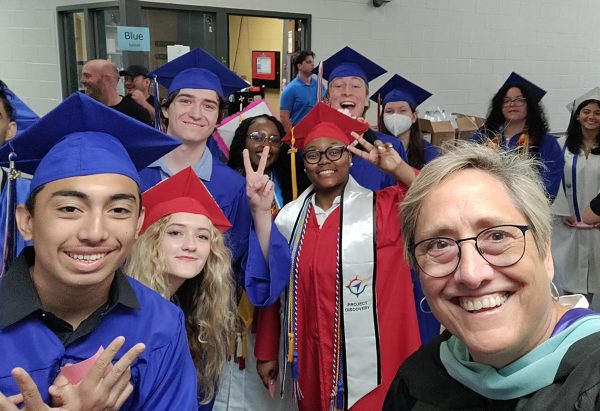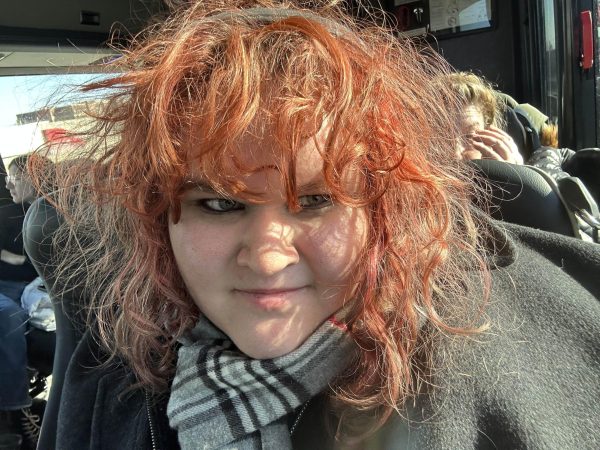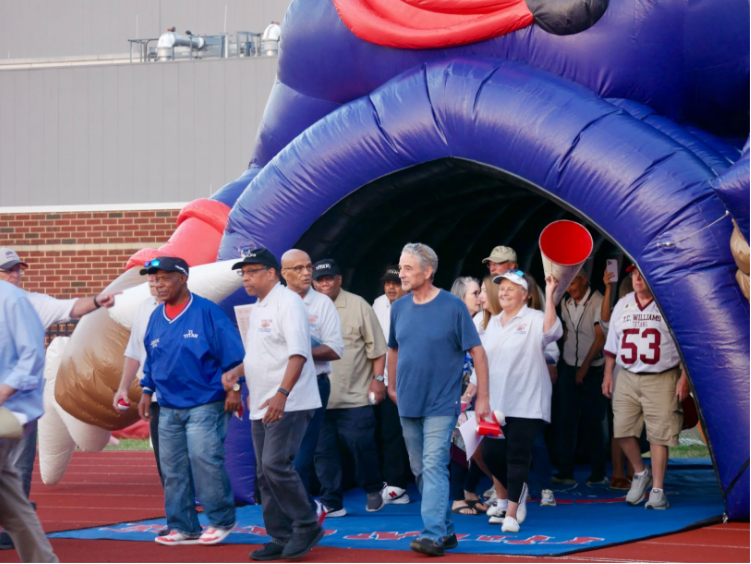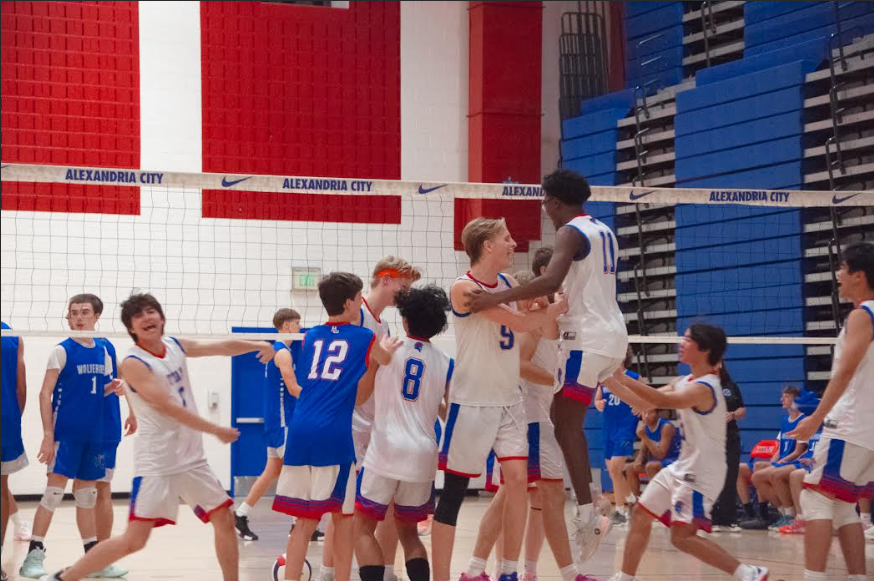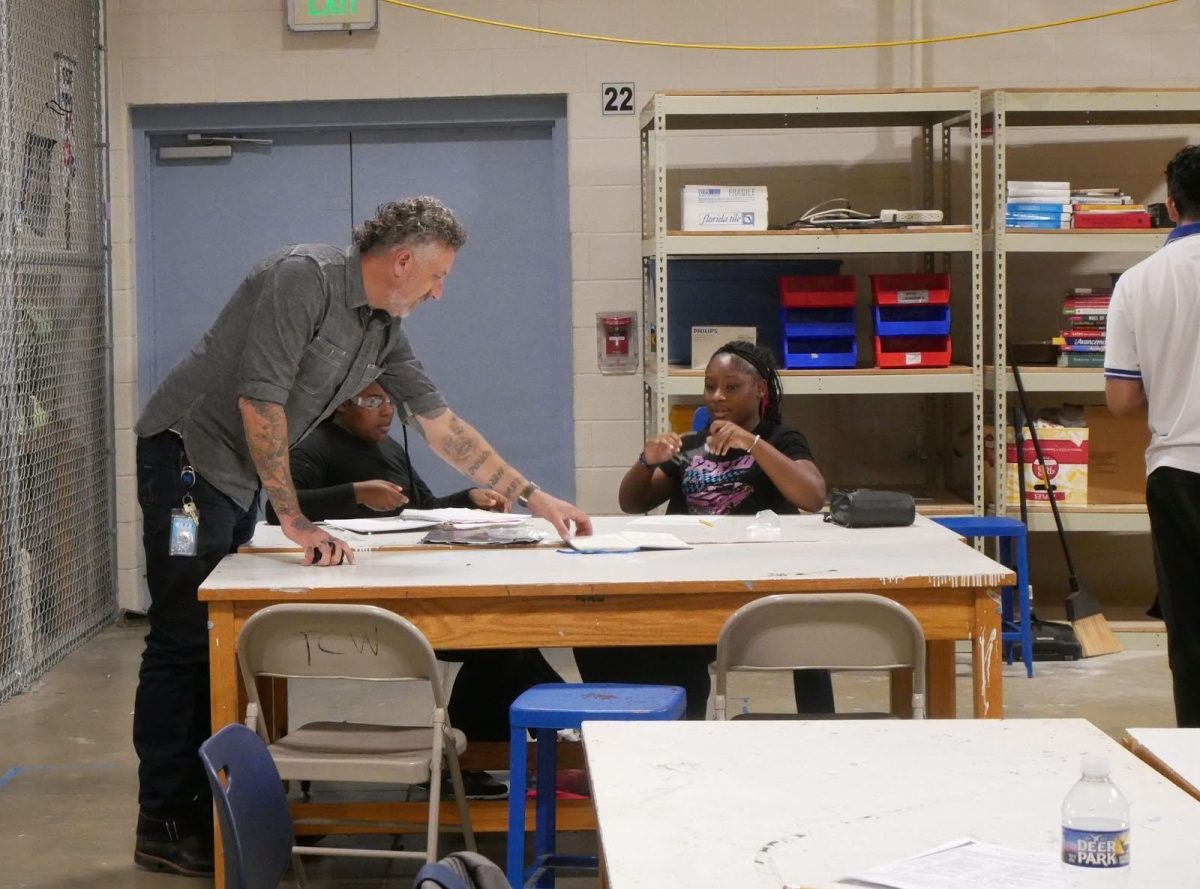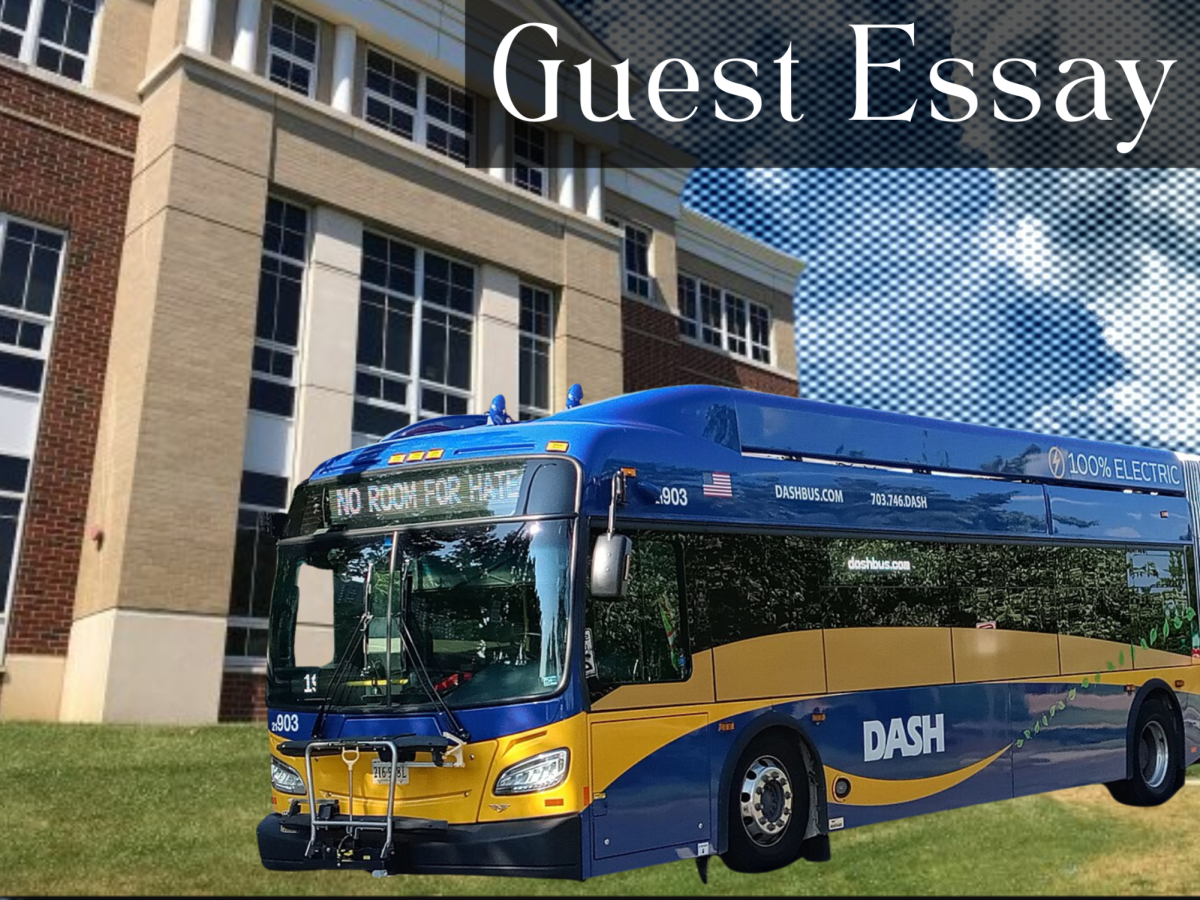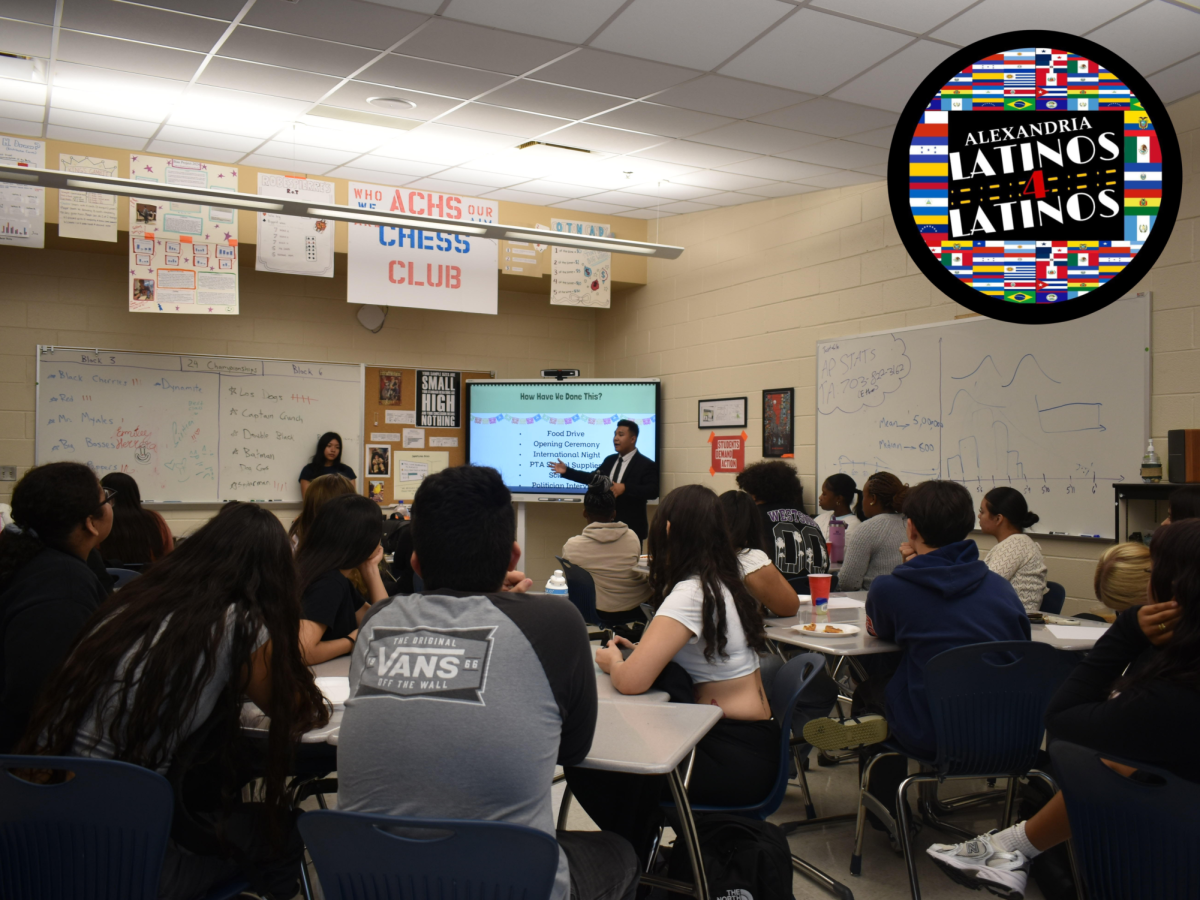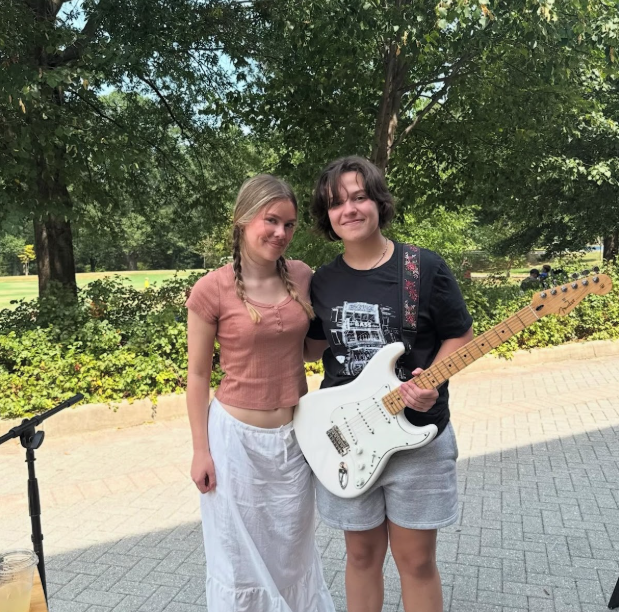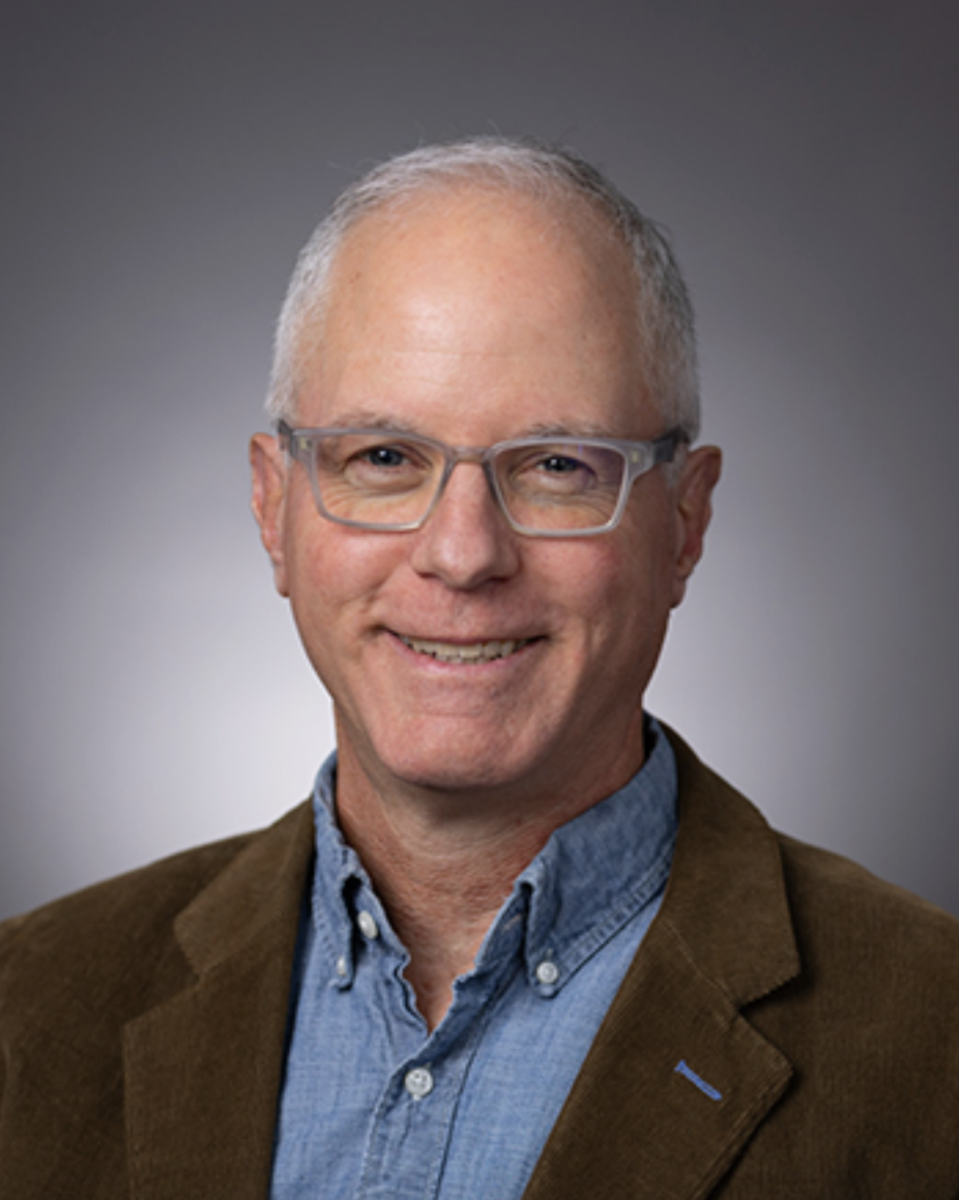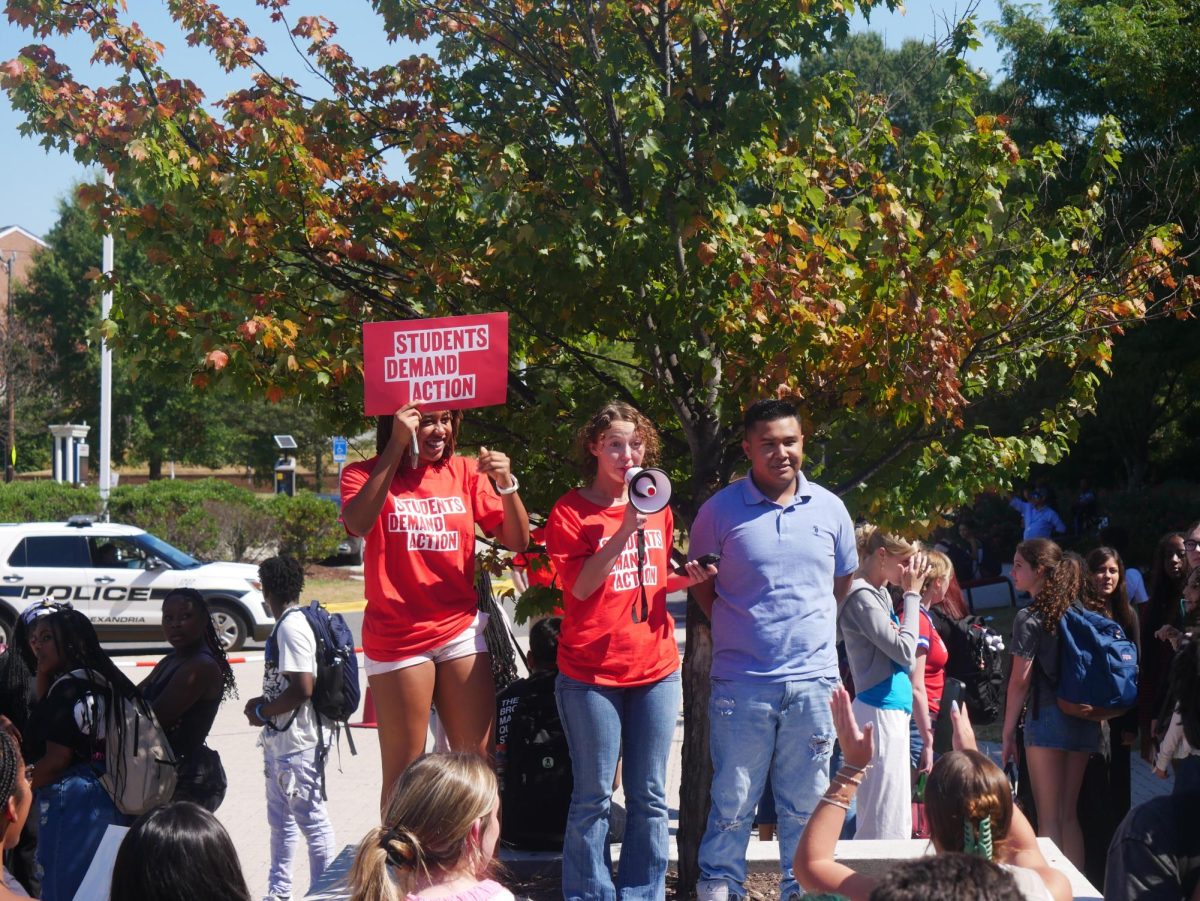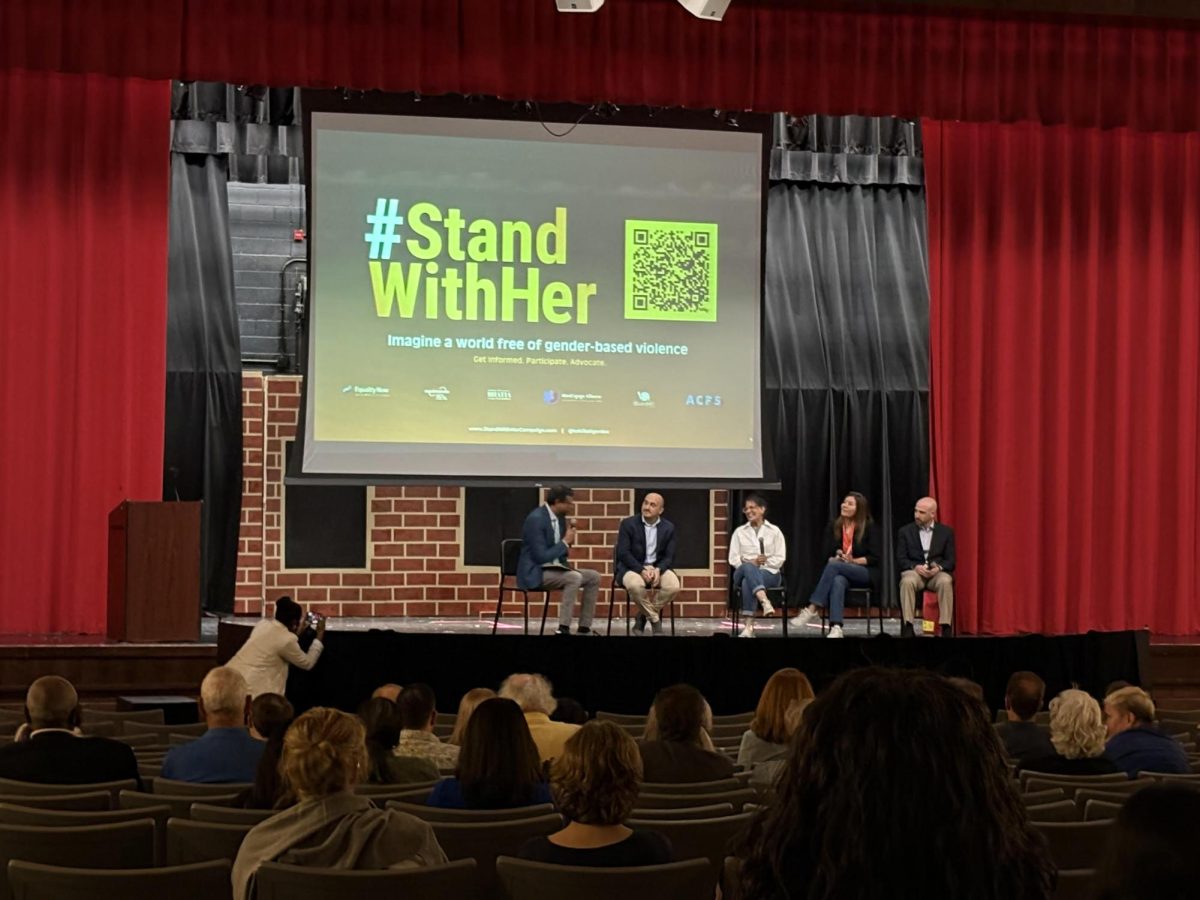After 30 years at ACHS, school Counselor Dee Marrara is looking forward to retiring. Marrara originally worked as a teacher for 16 years, and has been a school counselor for the last 14.
Marrara started off her career as a college basketball coach at Dartmouth and St Bonaventure University, but quickly pivoted to being a teacher instead. After 16 years, she made her final career change and became a school counselor.
“From being a teacher, I found that it was helping people interpersonally that I liked, and I became a school counselor,” said Marrara. As a counselor, Marrara is passionate about the work she’s done to support students.
“I think school counselors, we’re kind of like the heartbeat of this school,” said Marrara.
When asked how she was able to make a lasting impact, Marrara emphasized the importance of forming a connection with students.
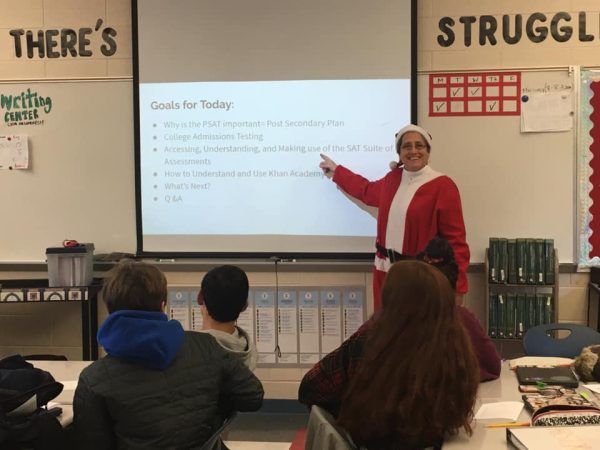
“Politely get in [students] business,” said Marrara. “Just take an interest, say hi in the hallway, remember their names, ask them questions, check in, go to their events.”
Marrara reflects on how Alexandria has fostered acceptance over the course of her career.
“A highlight, when I talk to my friends, and other teachers around the country, is the fact that ACHS and all of Alexandria is an accepting place,” said Marrara. “It’s not perfect, but it doesn’t stink either. When I first started here, I could be out as a lesbian.”
As a Lesbian, Marrara thinks it’s important for students to be able to freely express themselves.
“All that energy that it takes to hide, to edit, to worry, all that energy gets put into something positive, instead of protecting themselves,” said Marrara.
Through her time at ACHS, Marrara has also educated herself on her own white privilege. Growing up in Central Pennsylvania, switching to teach at one of the most diverse schools in the country came with its own adjustments.
“I didn’t think I was racist because I am a good person,” said Marrara. “However, during my time at ACHS, my actions, beliefs, and words were challenged.”
With the help of her colleagues, Marrara was able to educate herself and be a better help to the students of color under her care.
“It took the courage of a few colleagues to set me straight and for that I am truly grateful,” said Marrara. “I am a better person leaving than I was when I arrived and, isn’t that what education is all about?”
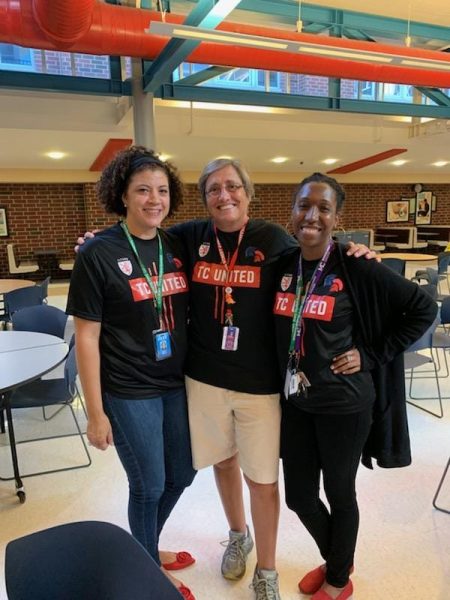
While there have been plenty of highlights, Marrara has also experienced her fair share of struggles over the course of her career. In 2015, she was diagnosed with bilateral breast cancer and had to undergo chemotherapy, a double mastectomy, radiation treatment, and breast reconstruction.
“As a result of cancer, I thought that my life as an athlete was over,” Marrara said. “I had played college basketball and softball and thought that that part of my identity was dead.”
Thankfully, Marrara was able to find solace through WeCanRow DC, a crew program dedicated to breast cancer survivors.
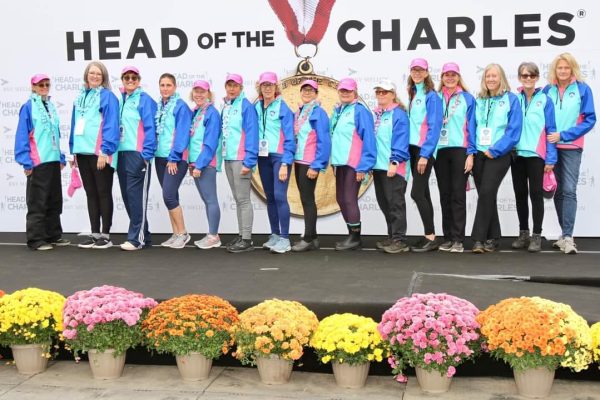
“I was hooked from the very first time I sat in a shell,” Marrara said. “I have since raced in several regattas, including the Head of the Charles, and am now an ambassador for the Survivor Rowing Network.”
The WeCanRow DC Crew program has helped Marrara and countless other cancer survivors.
“I tell my story to other cancer survivors in hope that they can be inspired and if they choose, learn to row too,” said Marrara. “It’s a great group of people who understand the fight with cancer; we laugh, cry, compare scars, treatment, doctors, and most importantly, hope.”
To start off her retirement, Marrara is looking forward to relaxing at home.
“For the first month, [I’m looking forward to] doing nothing. I’m gonna sit in my basement and watch Netflix,” said Marrara. “Then, after that, whatever I want.”
In her free time, Marrara enjoys walking her dog, playing golf and pickleball, and spending time with her wife, friends, and family.
“I have valued my time here immensely, and I am going to miss it. I was very lucky to start and end my career here,” said Marrara.
